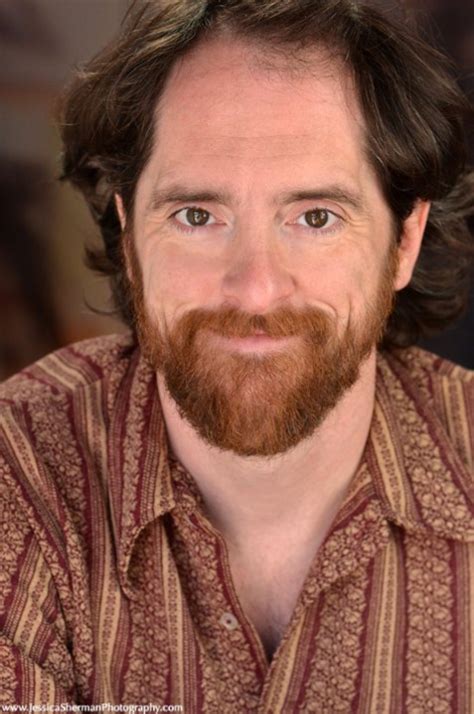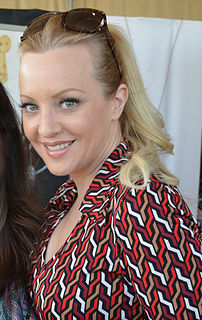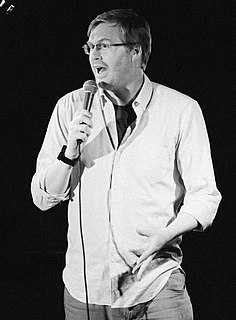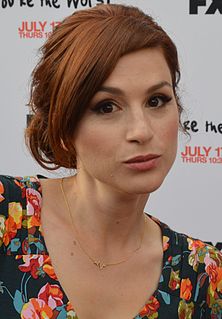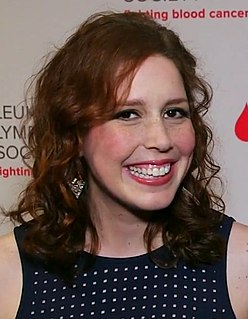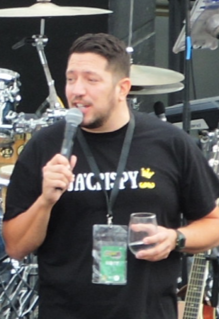A Quote by Vince Vaughn
I think with improv - and I say it all the time because it's become such a catch thing that you talk about improv - if the scene is well-written, you don't need to improv. But that being said, if something strikes you in the moment and, most importantly, you know where the scene is supposed to go, it's no different than method acting.
Related Quotes
I love performing. I love doing improv. It's a totally terrifying experience, but it's something that I've always felt so strongly about and that I'm kind of obsessed with. And just as an actor, it's a great exercise. It's a great playground, you know, to try things out and to work on your skills. Because the mandate of improv is kind of the same as acting: It's all about your scene partner, it's all about being present and in the moment and exploring together as a team, a collaboration.
Improv is more than just spitting out a bunch of funny stuff that's unrelated to the material. You have to stay in character, you have to react and respond as the character you're trying to play. You have to service the story, and I think improv training has helped with my listening, responding, and my audition technique. It's sounds so silly, but it's true. Because not only do you improvise during the audition, but once you get the part, they'll say, "Throw away everything. Just improv this scene. Do whatever you want." Someone could panic if they're not used to doing something like that.
I was on the improv team in high school, and after I graduated, I joined an improv company that had been established 10 years prior to me getting there. They did longform improv, and I fell in love with it. It's acting, character creation, collaborative, artistic expression and comedy - and it's scary. It was a big rush.

